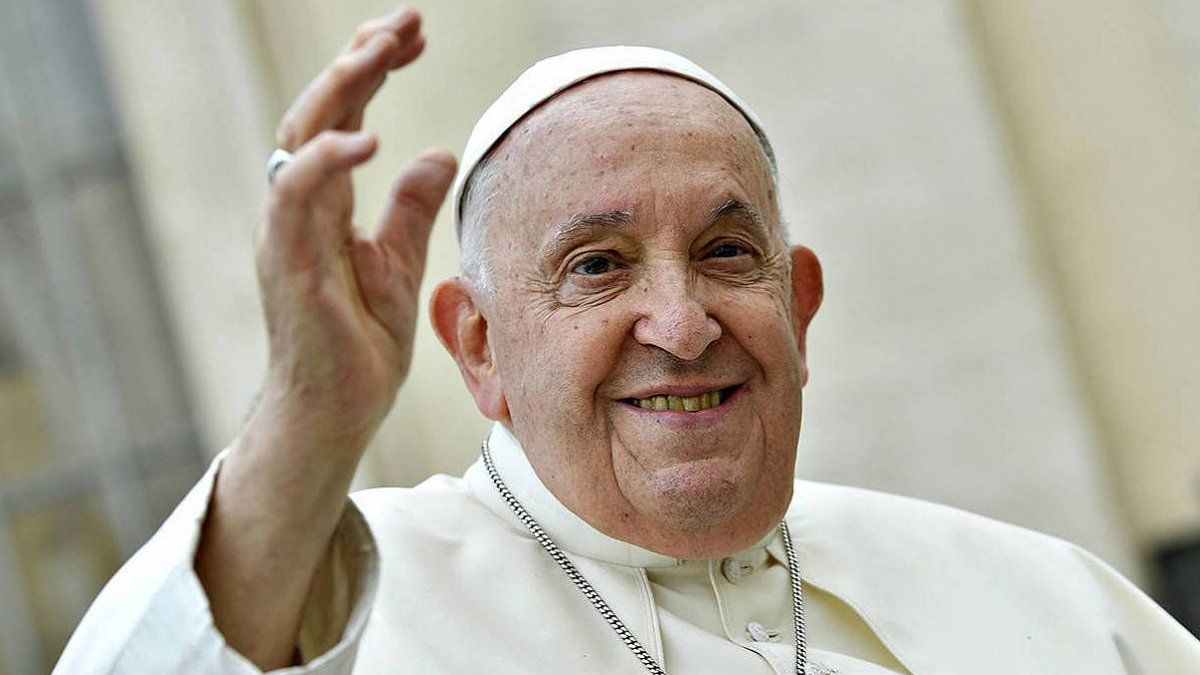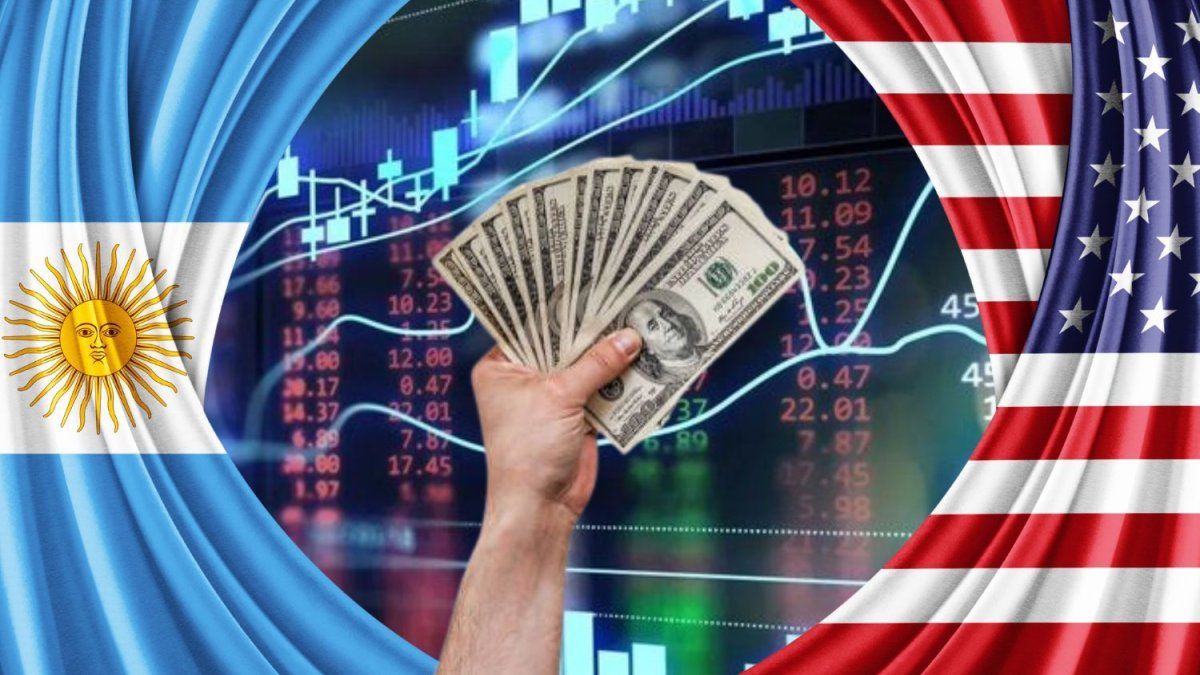With the death of Pope Francisthe world has lost an extraordinary leader. But His legacy will last, not only in the hearts of those who inspired, but also in the concrete efforts he promoted to build a more just, human and sustainable global economy.
Born as Jorge Bergoglio in Argentina, Pope Francis He knew firsthand the cruelty of economic injustice. It grew in one of the most volatile economies in the world, a country where repeated economic crises and external debt project a long shadow on generations of children and families. He saw what happens when economic systems serve the interests created instead of people: high inequality, fragmented communities and generalized social evils such as crime, addictions and insecurity.
As Pope, Francisco took these ideas to the world stage. His voice became one of the most powerful moral forces in the worldnot only reminding us of our shared humanity, but also challenging the institutional structures that deny dignity to billions of people. As members of the Pontifical Academy of Social Sciences of the Vatican, we had the privilege and pleasure of maintaining a frequent dialogue with him.
His concern was urgent and was based on lived reality. “Transforming reality requires terrain action, not only laboratory work,” he used to say in private.
Francisco observed an economic system that, too often, prioritized profits over people and selfishness about cooperation. I knew that, although markets can be a powerful tool, without appropriate norms and regulations, they would produce injustice at planetary scale, including the most serious of all: the destruction of our environment, which it called “our common house” in its encyclical Laudato yes‘ . Without a moral compass and a sense of solidarity, the markets, instead of being a source of wealth creation, could be a powerful force of extraction of wealth, which would lead to an increasing concentration of income and wealth.
Francisco did not hesitate to raise his voice. He criticized the global norms that privileged monopolies, particularly in the field of intellectual property, where protections designed to reward the invention often hinder access to vital technologies. During the Covid-19 pandemic, he personally urged the US president, Joe Biden, to support an exemption from intellectual property rights under the agreement on the ADPIC of the World Trade Organization, so that people around the world could access vaccines. His message was clear: human life must prevail about corporate gains.
Francisco was also deeply concerned about the situation of many developing countries trapped in a cycle of sovereign debt that limited its ability to invest in health, education and infrastructure. He rightly understood that it was not only a debt crisis, but also a development crisis and, more deeply, a symptom of an economic system that had lost its moral foundation. And he understood that all system components were responsible: the governments of the debtor and creditors, private lenders and international financial architecture that allowed and even encouraged governments and creditors to delay the necessary restructuring.
Therefore, Francisco asked us last year to create a jubilee commission to summon prominent thinkers and propose how the world could address the growing debt and development crisis. He understood that the jubilee of the year 2000, despite its importance for those who lived in indebted countries, had only made limited advances in the creation of a greater fiscal margin for those who faced the challenges of development. Twenty -five years later, with even more countries in debt difficulties, Francisco wanted to do something for them immediately. But his ambition was greater. He asked how we could avoid repeating the failure of the past. His call echoed the ancient biblical tradition of jubilee: a moment for the forgiveness of debts and the restoration of balance, not as charity, but as justice.
Until his last days, Francisco closely followed the work of the jubilee commission. He was especially concerned that multilateral institutions – designed to safeguard global stability and promote shared development – act as inertia agents, without the solidarity necessary to maintain peace, prosperity and justice.
The Jubileo Commission will present its report in the Vatican this summer. Their recommendations will reflect the urgent need to reform the incentives that have plunged so many countries in the crisis. Debt governments must act quickly, without delay, with vision and responsibility towards their citizens. Crediting countries must also act quickly, with vision, moral responsibility and solidarity. Multilateral institutions must stop using public resources to protect bad credit decisions and unsustainable debt. And creditors must assume their part of responsibility. The high interest rates they charge entail risks, and when they materialize, they should not be transferred to world taxpayers.
With moral and courage, Francisco challenged us to imagine new financial rules that no longer benefit a few, but benefit the majority. He reminded us that the economy focuses on people, dignity and our collective future. We hope that the work of the commission honors Francisco’s legacy and contributes to the creation of fairer societies. There is no better tribute to its legacy than to establish a framework for international finances with that goal in mind.
Martín Guzmán – Former Minister of Economy, is a professor at the School of International and Public Affairs at Columbia University.
Joseph E. Stiglitz – Nobel Prize in Economics and Professor of Columbia University, was a chief economist of the World Bank (1997-2000), former president of the Council of Economic Advisors of the President of the United States, former president of the high -level commission on the prices of carbon and main author of the climate evaluation of the IPCC of 1995. It is co -chair of the independent commission for the reform of the reform of the international corporate tax Recently, from The Road To Freedom: Economics and The Good Society (WW Norton & Company, Allen Lane, 2024).
Source: Ambito
David William is a talented author who has made a name for himself in the world of writing. He is a professional author who writes on a wide range of topics, from general interest to opinion news. David is currently working as a writer at 24 hours worlds where he brings his unique perspective and in-depth research to his articles, making them both informative and engaging.




